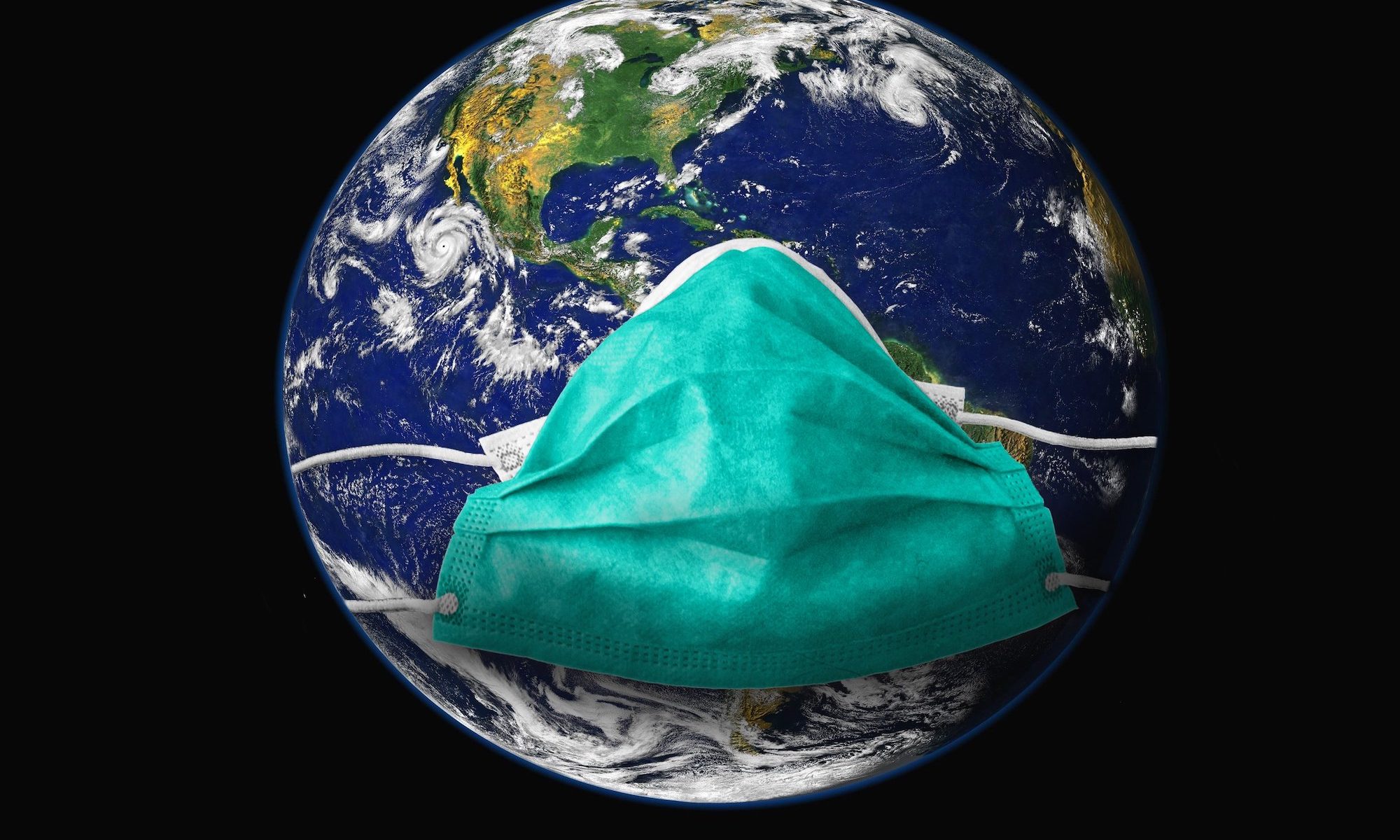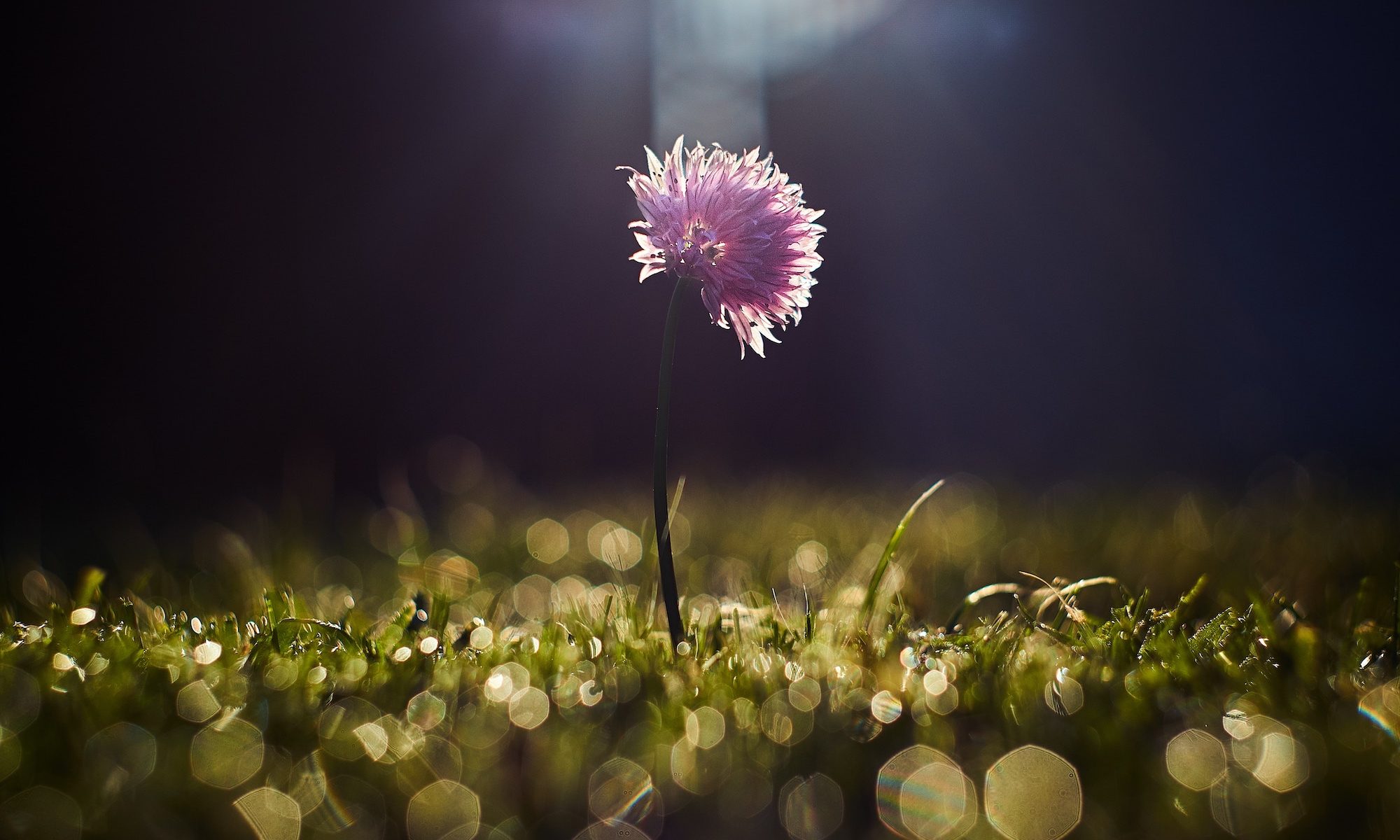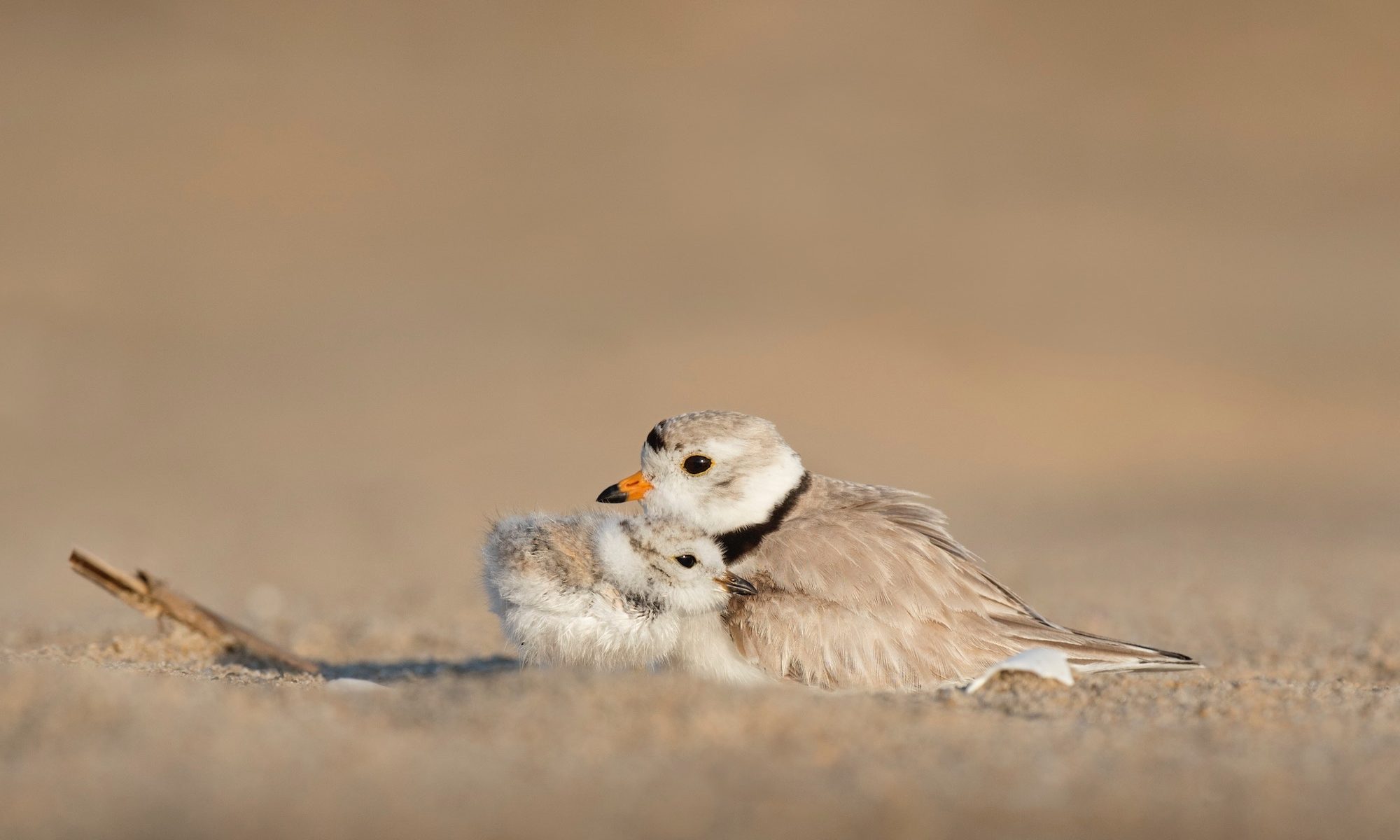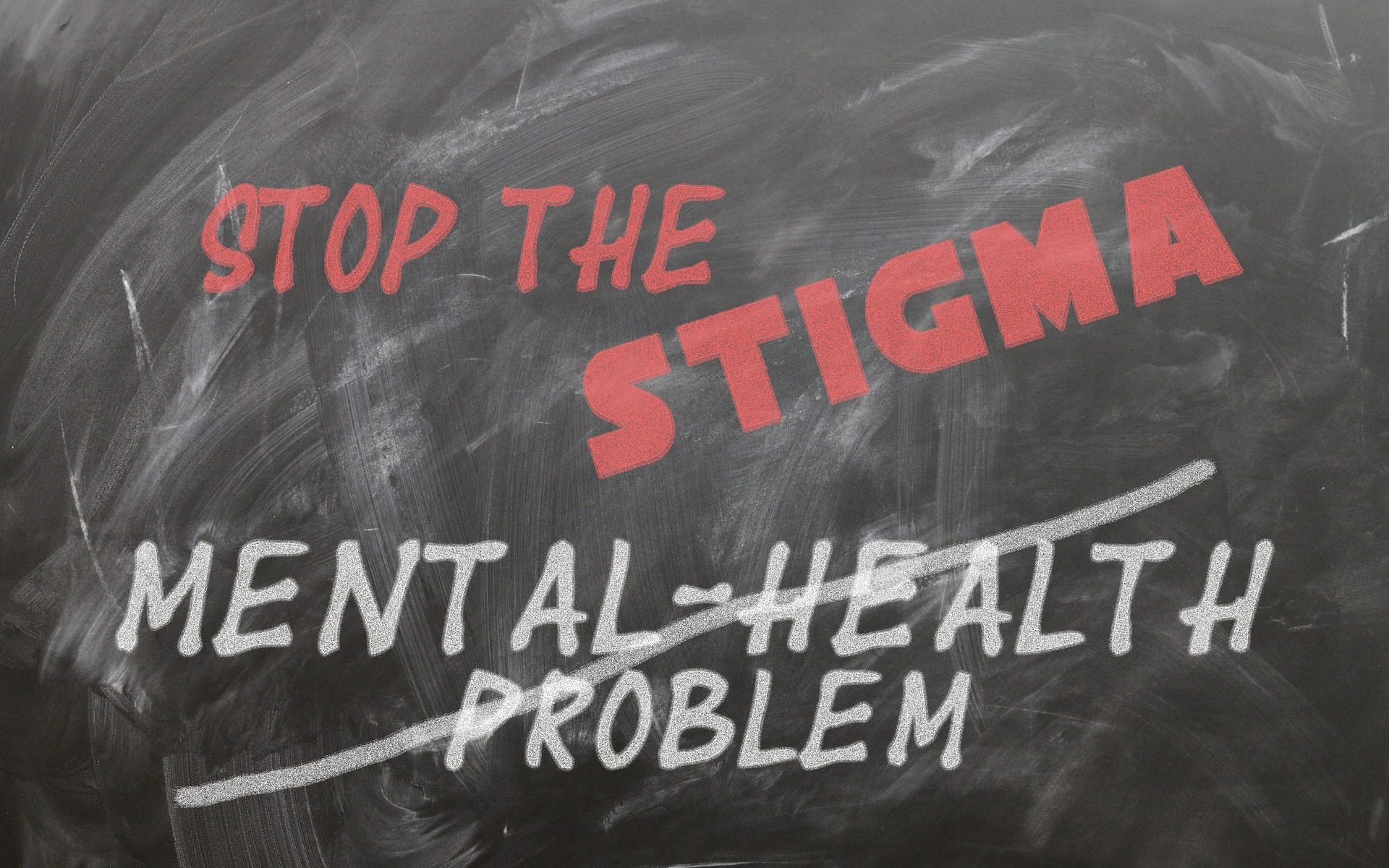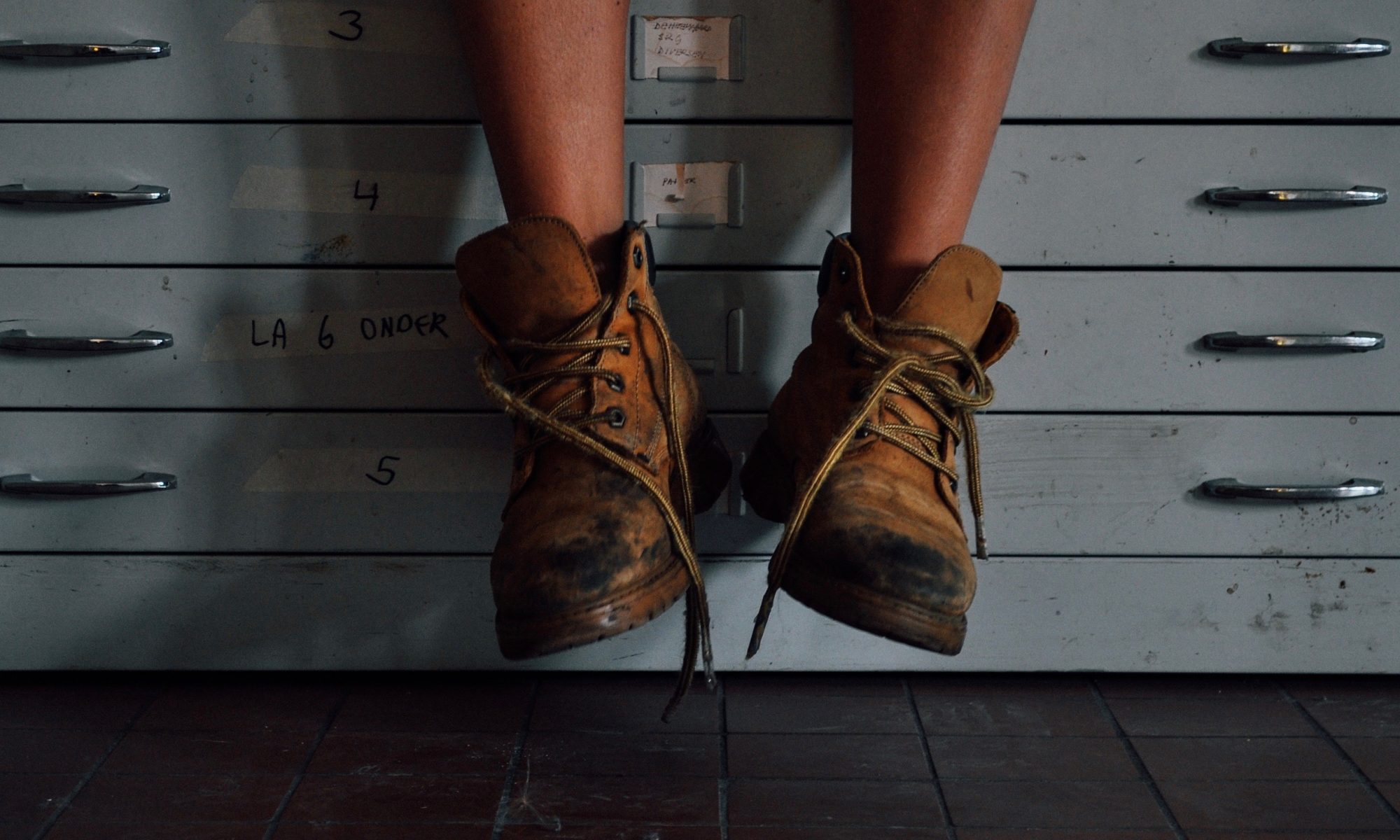It’s no secret anymore that I live with PTSD (so glad I came out of that closet a couple of years ago). Millions of people do. And within the context of living with PTSD that struck me when my daughter died in 2005, this world pandemic has taught me something really strange, but also wonderful. It’s given me a new start. And what I’ve learned may apply to other people who were already struggling with PTSD, heightened anxiety or unrelenting stress in our earlier “normal” times.
Continue reading “PTSD: The Strange but Wonderful Effects of the Global Pandemic”Staying Sane in a Mad, Mad World
Any little bit of positivity we can hear or read about amidst the Coronavirus outbreak is a good thing in my view. I appreciate every positive story shared as a wonderful counter to the regular scary news stories we are being inundated with (probably rightly so). Positivity gives us a small dose of sanity in a world that has seemingly gone mad.
As someone who grew up with a Chicken Little mentality and now lives with PTSD, while no expert on pandemics, I do have a lot of experience dealing with the power of fear of the unknown and the nervousness and panic that quickly sets in. All of which is currently happening in much of the global environment that to be fair, is understandable in many ways.
Continue reading “Staying Sane in a Mad, Mad World”Recognizing PTSD – Could Power Pave the Way?
Here’s an interesting news story. After “mysteriously vanishing from the spotlight” two years ago, RCMP Staff Sgt. Jennifer Pound, a twenty-two-year veteran of the RCMP and for six years, the “public face” of the integrated homicide investigation team (IHIT) in Metro Vancouver, is emerging as the RCMP’s new face of post-traumatic stress disorder (PTSD). Here’s my take on the story. Is she really? Or, is Pound the chosen one to finally get the media’s attention (and stay there) to highlight just how broken the system is when it comes to the RCMP providing support and resources to its mentally injured members? Here’s part of her story.
Continue reading “Recognizing PTSD – Could Power Pave the Way?”Surviving versus Living – What’s the difference?
It is interesting that we are commonly known to survive loss. We are thought of in our grief as surviving loved ones. We are called suicide survivors after losing a loved one to suicide. But what it means to truly survive loss is not well understood or even talked about at all. It’s just a word that’s been assigned to the bereaved.
The literal meaning of the word “survive” is to remain alive after the death of someone or the cessation of something under adverse or unusual circumstances. And remaining alive versus living are two very different things. I’m sure everyone would agree that losing a child is the least favourable circumstance to be in and is unusual and adverse in every way imaginable. For most if not all bereaved parents, surviving their child’s death is about the only thing they can do. But it’s also true that many grievers in general simply remain alive without much or any feeling at all after losing a love of their life. Without hope and loss of direction, some people may never feel anything again.
Continue reading “Surviving versus Living – What’s the difference?”PTSD: How it Impacts Relationships and What You Need to Manage Them
As a bereaved mom of a daughter who died by suicide in 2005, I have long been a proponent of change in how we view difficult loss and grief in our culture and the importance of understanding trauma and PTSD associated with certain types of loss. Not only for grievers, but everybody supporting them through their grief process.
It’s not only child loss that can traumatize people, but keeping it to bereaved parents for a moment, I am certain there isn’t one mom or dad out there who hasn’t been traumatized by the loss of their child, no matter the cause of death. They may even have PTSD and not know it. Little to no information is available on the topic. Despite the lack of information on the risk of PTSD for bereaved parents, it is encouraging to see that a quick internet search pops up a number of articles and studies done on PTSD in parents coping with a critically ill child, which is progress. (As an aside, there is even research for traffic accident victims who have PTSD). I remain astounded at the apparent lack of information and interest to take up this cause for the grieving.
Read moreEarly Attachment and Trauma in Grief
How well we handle difficult and sudden loss and do or don’t recover from it – especially the death of a child – may depend on the early attachment style or relationship we formed to our primary caregiver(s) from infancy through childhood. If this was not a secure attachment, which is the optimal environment in which to be raised, we learned the same defensive patterns our parents or other caregivers used to defend against their negative experiences or trauma, and relied on these throughout our adulthood to protect ourselves against any negative affects we may have encountered along the way.
Continue reading “Early Attachment and Trauma in Grief”Trauma in Grief – The Video Series!
As I have often said throughout various writings and at different times over the years, trauma in grief is not talked about. This needs to change. Not only for the benefit of grievers, but for those wanting to support the bereaved along their healing path, whether in a personal or professional capacity.
For years after my daughter’s suicide in 2005, I felt all alone in a struggle I didn’t understand. Though I saw doctors for chronic ill-health, beyond diagnosing stress as the obvious root of the problems, they didn’t know what to say to me knowing I had lost my daughter (understandable) or how to help me in my grief. I know now that almost 90% of what I struggled with was directly related to symptoms of PTSD that I was diagnosed with in 2014, and proved to be a game-changer in my ongoing healing.
Continue reading “Trauma in Grief – The Video Series!”PTSD IN GRIEF
In 2005, I lost my twenty-two-year-old daughter to suicide. I was diagnosed in 2014 with PTSD as a result of that trauma. Though I suspected I may have PTSD as far back as 2007, this remained only a suspicion until my medical diagnosis. Up to that point, I didn’t understand the toll that PTSD was taking on my body. The diagnosis brought me incredible relief and was a critical turning point in my grief that led me to make the most positive changes I’ve been able to in my healing so far.
HOW DO YOU KNOW IF YOU HAVE PTSD?
Getting Grounded in Grief
As a bereaved mom of a beautiful daughter who died by suicide in 2005 at the age of twenty-two, I certainly know pain and suffering. Just like a lot of other people know pain and suffering who have lost someone to suicide, sudden and/or traumatic death. I have done a lot of work to heal from my pain over the years and have had tremendous success to this point, but it’s an ongoing journey.
The Good Griever’s Journey – Part 1
The journey in grief can be long and hard. Though I’ve experienced several losses since the death of my daughter in 2005, including both my parents, none have been as long or difficult to grieve as the death of my child. In my grief, there have been ups and downs and lows and highs, with no guarantee as to how anything in my life would turn out. The only thing I have remained certain of is that grief brings with it a rollercoaster ride of craziness. Where anything goes; nothing stays the same. Everything is constantly changing. Continue reading “The Good Griever’s Journey – Part 1”


